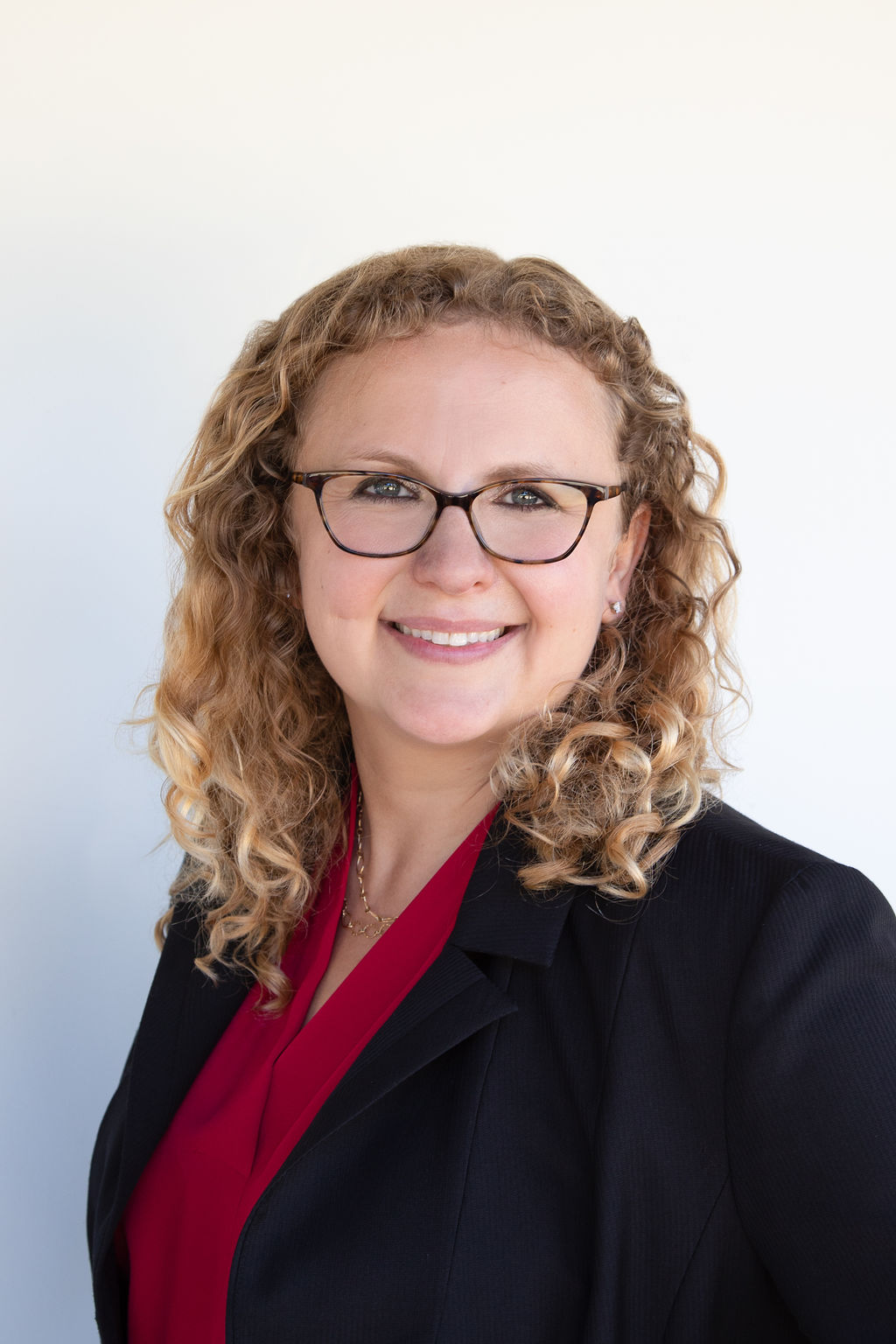Clinical Gems for Psychologists Working with Traumatic Brain Injury and Stroke Survivors
Event Description
Clinical Gems for Psychologists Working with Traumatic Brain Injury and Stroke Survivors
April 5th, 2024
9:00 AM- 12:15 PM Pacific Time
Given the prevalence rates of acquired brain injury (traumatic brain injury and stroke) in the US population, it is highly likely that clinical psychologists will encounter individuals who have experienced these conditions. Increased awareness and understanding of these conditions and their comorbidities are essential for providing sensitive and evidence-based care. Psychologists are especially well-positioned to help patients leverage their current strengths and abilities to maximize functioning, reconnect with their values, and re-engage in meaningful activities after an acquired brain injury. Identifying risk factors and barriers to recovery can further support tailored approaches to care. Given that many psychologists may not have prior training in working with this population, additional emphasis will focus on identifying patient factors that would warrant referral to a mental health provider specializing in this patient population. Resources will be reviewed to ensure that practicing providers feel confident in taking appropriate steps for care.
Presented by: Larissa Del Piero, Ph.D. & Holly Rau, Ph.D.
 Dr. Del Piero is a clinical psychologist specializing in therapy and assessment for people with medical conditions including TBI and stroke.
Dr. Del Piero is a clinical psychologist specializing in therapy and assessment for people with medical conditions including TBI and stroke.
She is the founder of Pacific Brain Health & Wellness, an interdisciplinary clinic based in Seattle, and a Clinical Assistant Professor in the UW Department of Rehabilitation Medicine.
 Dr. Rau is a clinical psychologist with dual-specialty training in Neuropsychology and Behavioral Medicine. Her primary areas of interest and expertise include traumatic brain injury and PTSD. Dr. Rau is currently collaborating with researchers through VA and UW to develop and implement interventions for individuals experiencing chronic post-concussive symptoms.
Dr. Rau is a clinical psychologist with dual-specialty training in Neuropsychology and Behavioral Medicine. Her primary areas of interest and expertise include traumatic brain injury and PTSD. Dr. Rau is currently collaborating with researchers through VA and UW to develop and implement interventions for individuals experiencing chronic post-concussive symptoms.
CE Credits: 3.0
April 5th, 2024
9:00 AM- 12:15 PM Pacific Time
Given the prevalence rates of acquired brain injury (traumatic brain injury and stroke) in the US population, it is highly likely that clinical psychologists will encounter individuals who have experienced these conditions. Increased awareness and understanding of these conditions and their comorbidities are essential for providing sensitive and evidence-based care. Psychologists are especially well-positioned to help patients leverage their current strengths and abilities to maximize functioning, reconnect with their values, and re-engage in meaningful activities after an acquired brain injury. Identifying risk factors and barriers to recovery can further support tailored approaches to care. Given that many psychologists may not have prior training in working with this population, additional emphasis will focus on identifying patient factors that would warrant referral to a mental health provider specializing in this patient population. Resources will be reviewed to ensure that practicing providers feel confident in taking appropriate steps for care.
Presented by: Larissa Del Piero, Ph.D. & Holly Rau, Ph.D.
 Dr. Del Piero is a clinical psychologist specializing in therapy and assessment for people with medical conditions including TBI and stroke.
Dr. Del Piero is a clinical psychologist specializing in therapy and assessment for people with medical conditions including TBI and stroke.She is the founder of Pacific Brain Health & Wellness, an interdisciplinary clinic based in Seattle, and a Clinical Assistant Professor in the UW Department of Rehabilitation Medicine.
 Dr. Rau is a clinical psychologist with dual-specialty training in Neuropsychology and Behavioral Medicine. Her primary areas of interest and expertise include traumatic brain injury and PTSD. Dr. Rau is currently collaborating with researchers through VA and UW to develop and implement interventions for individuals experiencing chronic post-concussive symptoms.
Dr. Rau is a clinical psychologist with dual-specialty training in Neuropsychology and Behavioral Medicine. Her primary areas of interest and expertise include traumatic brain injury and PTSD. Dr. Rau is currently collaborating with researchers through VA and UW to develop and implement interventions for individuals experiencing chronic post-concussive symptoms.CE Credits: 3.0
Learning Objectives:
Participants will be able to:
- Psychologists will be able to define and differentiate between different types of TBI and stroke as well as their clinical presentations.
- Psychologists will be able to provide appropriate, evidence-based information to their patients regarding outcome expectations and treatment considerations (including the importance of managing modifiable risk factors and encouraging self-management) following TBI and stroke.
- Psychologists will be able to identify ways to sensitively work with individuals who have experienced TBI and stroke and recognize when referral to a specialist is indicated.
| 3.0 CE Credits | Regular Pricing |
|---|---|
| Non-Member | 145.00 |
| Basic Member | 115.00 |
| Premium Member | 95.00 |
| Platinum Member | 95.00 |
| Post Doc/Retired/Emeritus Member | 85.00 |
| Post Grad | 75.00 |
| Member Student | 35.00 |
Cancellation policies
- Refund request due to special circumstances will be evaluated on a case by case basis. Refunded fees may be applied to new membership dues or membership dues renewal.
Washington State Psychological Association (WSPA) is approved by the American Psychological Association to sponsor continuing education for psychologists. WSPA maintains responsibility for this program and its content.
This workshop was created by Washington State Psychological Association and CE certifications are issued by the trust and are issued by that association.
Location
Setting: Live Virtual
Online - Link included in Registration Confirmation Email
UNITED STATES
Online - Link included in Registration Confirmation Email
UNITED STATES
Contact Person
WSPA
(phone: 2065474220)
(phone: 2065474220)
Email Reminder